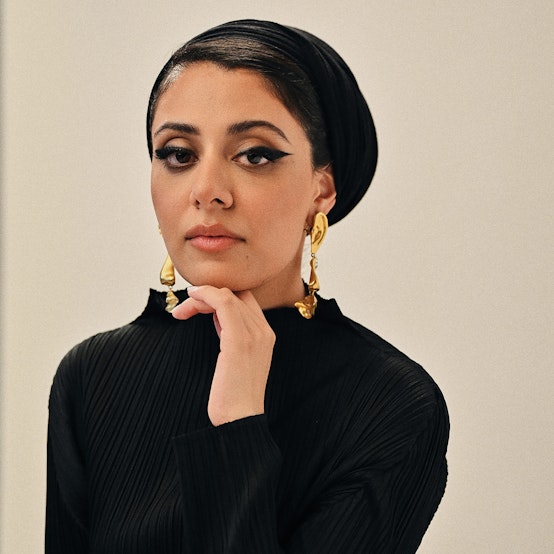Sumayya Vally found inspiration in Bruges' trade history for Grains of Paradise. Reaching its peak in the 14th and 15th centuries with the import and export of goods, remnants of this past could still be found in the streetscape, from the nation houses to the hoisting beams on the waterfront and the rich collection of objects in the recently restored Gruuthuse Palace. Mustard pots, tapestries, and dyes served as tangible reminders of the exotic spices, precious stones, and pigments that once traversed vast distances to reach Bruges.
The historical connection between the medieval trading city and the African continent inspired Sumayya Vally to research the relationship between the two from a non-Eurocentric perspective. Delving into the specifics of the goods exchanged between these distant lands and the ensuing social and economic ramifications on Africa became a focal point of her research.
Grains of Paradise stood as a striking assembly of pirogues, positioned in unison near the Minnewater Bridge. Together, they formed a collective platform for exchange and commerce, referencing the past and the present, and connecting the north and south.
Their charred appearance lent an ethereal quality, evoking a sense of haunting beauty amidst the bustling tranquility of the Minnewater. The rough and varied formal language of the boats referenced the floating markets made from hollowed-out tree trunks found in Ganvie (BJ), Lagos (NG), and along the Congo River.
The boats were filled with bright plants and herbs, including the lesser-known melegueta pepper of Afromomum legueta, a spice imported en masse from the Gulf of Guinea. In these regions, it was nicknamed the "grains of paradise" or "paradijskorrel" because of its unique taste and medicinal qualities. These vessels carried stories of Bruges' Golden Age, where spices, ivory, and pigments intermingled in a tapestry of cultural exchange. Grains of Paradise served as an invitation to transcend the Western narrative, encouraging critical reflection and enriching our experience of history and heritage.

Sumayya Vally (b. 1990, Laudium, ZA) lives and works in Johannesburg. In her design, research and pedagogical practice, Vally searches for expression for hybrid identities and territory, particularly for African and Islamic conditions – both rooted and diasporic.

